How to smartly negotiate the Amazon Vendor Agreement
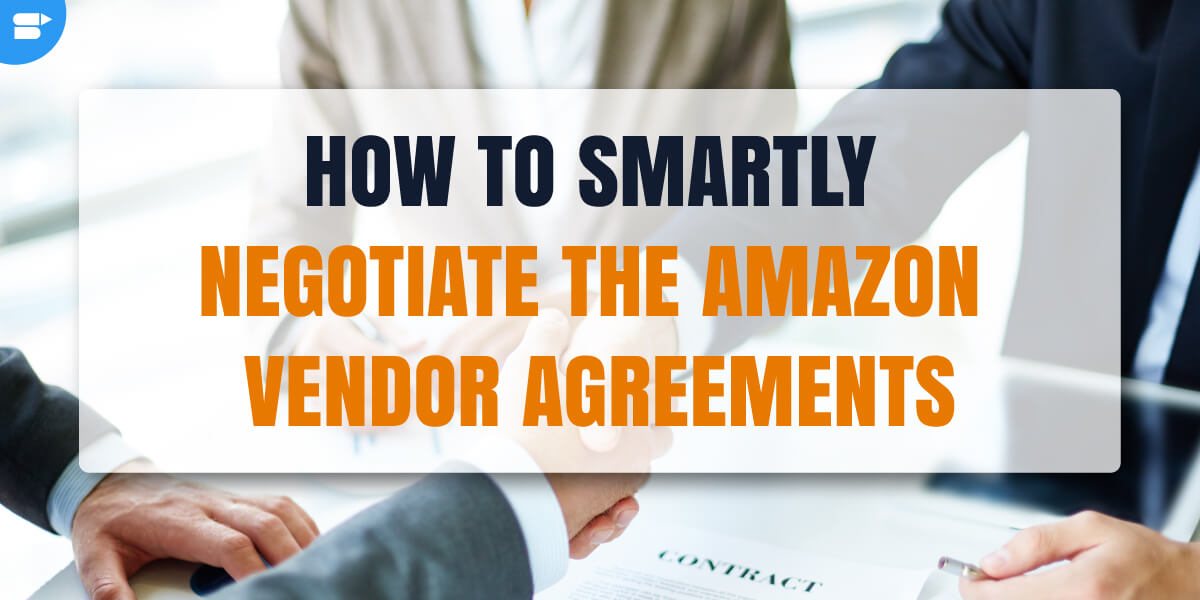
Amazon Vendor Express just like its Seller Central counterpart enables access to millions of potential customers. But to fully capitalize on Amazon’s potential as a vendor, you need to negotiate the tricky Amazon Vendor agreements. The arrangement between you and Amazon needs to be such that it is a win-win situation for both of you. Whether you are already a vendor on Amazon or are planning to become one, you may want to read on for tips and information on how to get an Amazon Vendor Agreement that suits you the best.
Understanding Amazon Vendor Agreement
When it comes to selling your products on Amazon, one of the most popular ways to go about it is by joining the Amazon Seller Central. By becoming a seller on Amazon, you are essentially using the Amazon platform to sell your goods and in return, you pay a commission and/or a fee to the e-commerce giant.
Becoming an Amazon Vendor is quite different from becoming an Amazon Seller. When you become a vendor for Amazon, you sell your products on a wholesale basis to Amazon, and in turn, it sells your products through its platform as its own. This is similar to how millions of businesses across the world work – they buy items wholesale and then sell them in markets as their own.
It goes without saying that when you sell your products to Amazon as a wholesaler, you lose ownership of your products. Or in other words, Amazon becomes the legal owner of any product it orders from you. This means that Amazon can do whatever it pleases with the inventory you sold to them – they can modify, reproduce, create your products, among other things. Furthermore, you grant Amazon a non-exclusive, royalty-free right to use your products.
What all of this means is that the minute you sell your products to Amazon as a vendor, you no longer have a say in the selling process. This entirely becomes Amazon’s responsibility. Amazon is tasked with the duties of merchandising, marketing, selling, delivering, processing returns, and providing customer service for the goods you sold to Amazon. All you have to do is sell your products to Amazon at a wholesale price and let the e-commerce conglomerate take care of the rest.
All the aforementioned conditions are enforced, including the prices, are enforced through the Amazon Vendor Agreement. It is for this reason that you need to negotiate this arrangement carefully so that you do not get the short end of the stick.
Things To Consider
First and foremost, to become a vendor for Amazon, you need to be personally invited by Amazon. One of the ways to join the Vendor Central program is by requesting an Amazon buyer to send you the invitation. Amazon Buyers are nothing but the representatives/managers who buy products from your company and sell it on Amazon. You can think of them as the intermediary party between you and Amazon. It is only after you receive an invitation to become an Amazon vendor that you can begin to think about negotiating the agreement.
Once this is taken care of, the following are the things that you must consider getting a good deal with Amazon:
You need to ensure that you have a warehouse where Amazon can easily pick up the products. These products need to be barcode as per the norms stated by Amazon. It is also worth mentioning that these terms are non-negotiable.
Make sure that your products are high-quality and in demand. You should attempt to complement your inventory with profitability reports and predictions. The idea here is to make the Amazon representative realize the potential your account holds for Amazon. If you succeed at leveraging this position, then the chances of you getting a better deal will improve significantly.
Before you head into the meeting with the Amazon representative, you need to know exactly what you are going to negotiate. Walking in unprepared can significantly damage your chances of getting a deal that will be beneficial to you in the long run. Some factors to negotiate are accruals, Amazon listings optimization, streamlining the operations, wholesale prices, logistics, troubleshooting, and most importantly, trading terms and seller fees. Having a clear idea of these parameters will not only help you negotiate the agreement better, but will also help you realize how much wiggle room you have.
You also need to consider your cost prices and allowances. Amazon will also want to discuss factors such as freight, damages, and returns. When it comes to returns, you should ideally be pushing for no returns, but Amazon is more than likely to have you accept full returns for defective products. Similarly, payment terms and payment dates also need to be discussed and understood thoroughly.
A wise man once said that negotiation is all about knowing what you want, going after it, and respecting the other person in the process. Amazon is in this business just as much as you are (perhaps, even more) and instead of wasting their time, it is imperative that you clearly and concisely communicate your proposed terms. You need to consider their perspective as well and whatever counter-proposals you do make, they need to be well-thought.
Benefits Of Becoming an Amazon Vendor
When you become an Amazon Vendor, your products and business benefit from the expertise, reputation, market share, analytics, and reach of Amazon. You may have a wholesale business but are not yet ready to launch it globally. However, with Amazon Vendor Express, your products are now accessible by a worldwide market, all of which are managed by Amazon.
As you know, Amazon has millions of customers across the world spread across multiple countries. Their infrastructure is already in place and with logistical operations taken care of, all that is left for you to do is sell your goods to Amazon and watch them do their magic. In addition to this, your vendor agreement will also get you access to precious analytical reports which will help you monitor the behavior of your customers better. This data, in conjunction with other marketing services offered by Amazon, will help you improve your sales further. Last, but not least, your products are listed with an Amazon Prime badge, thus automatically elevating your profile.
Conclusion
Negotiation is an art in itself and as mentioned earlier, you must prepare for your meeting with the Amazon Buyer well in advance. Negotiating an Amazon Vendor Agreement is a tricky business, to say the least, but you can tip the scales in your favor if you think ahead and allow yourself to not be blown away by the excitement to join Amazon Vendor Express. You must discuss all the terms carefully with the representative to ensure that they are beneficial to both of you. You should be clear and precise in your communication and never be aggressive. Building a good relationship with Amazon will prove to be beneficial to you in the long run.
Good luck Seller!
Additional Resource:
Amazon Vendor Central Advertising.
Buying an Amazon FBA Business.


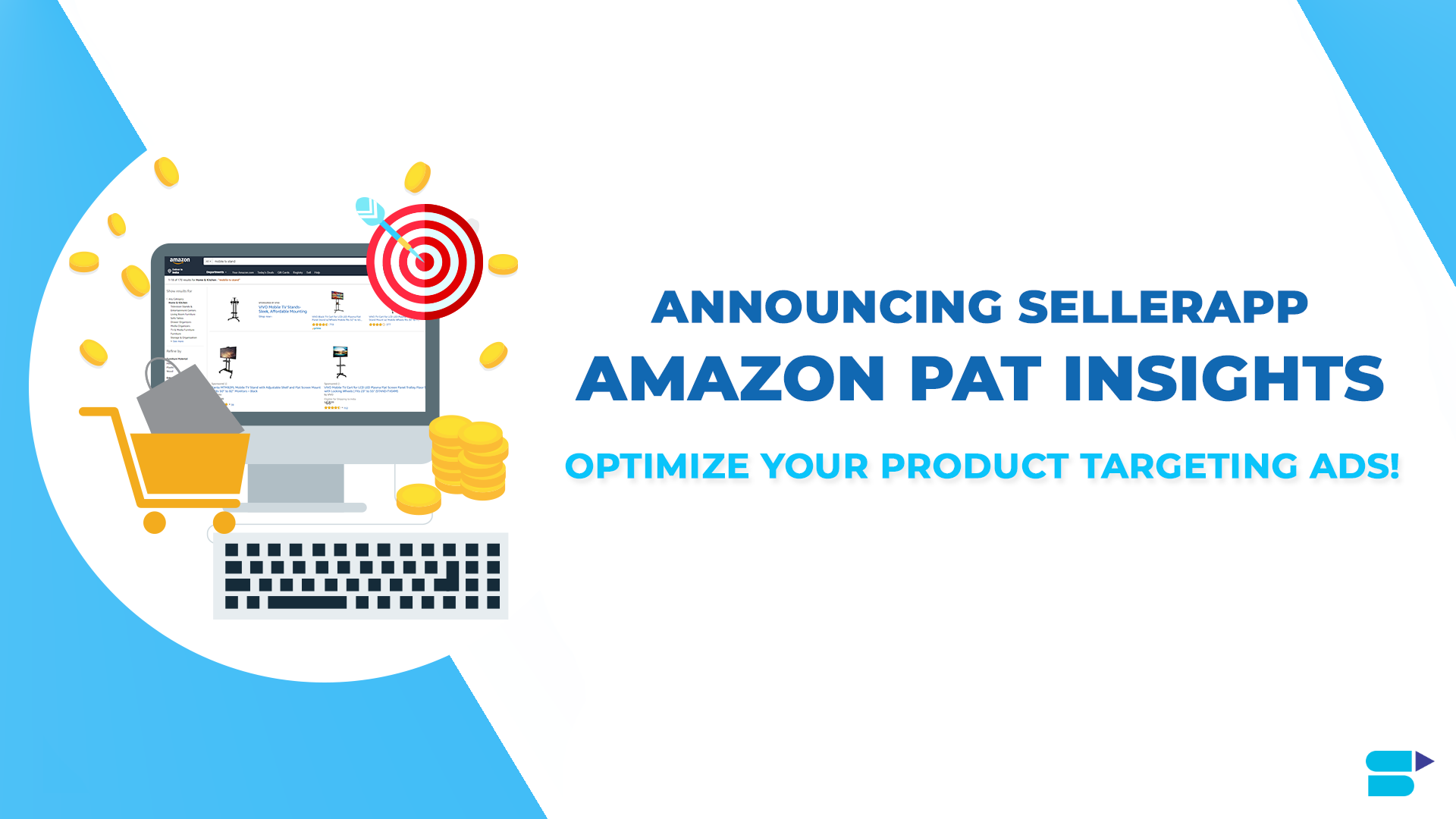

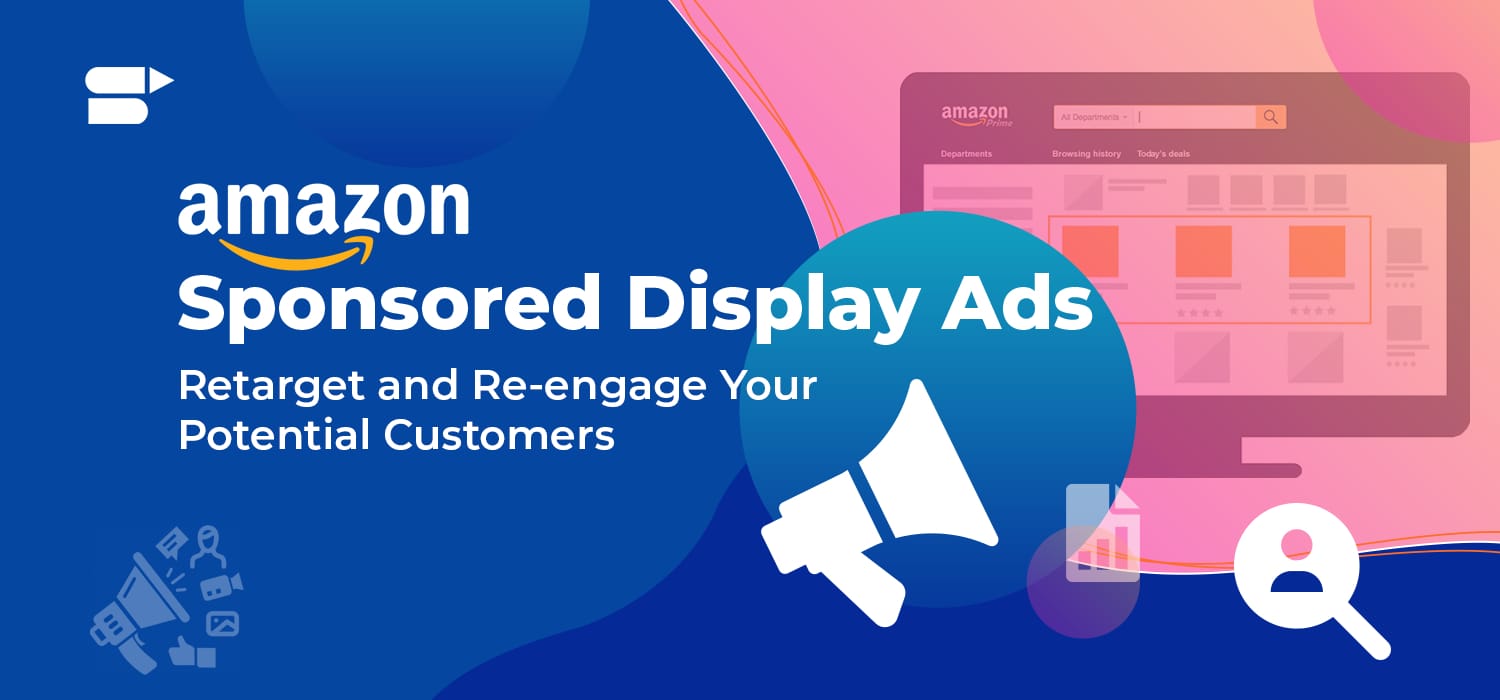
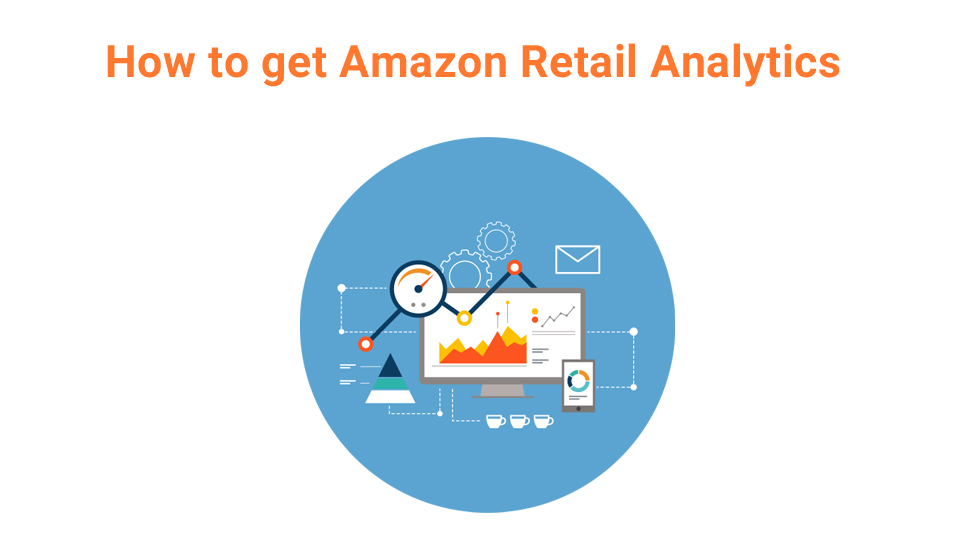


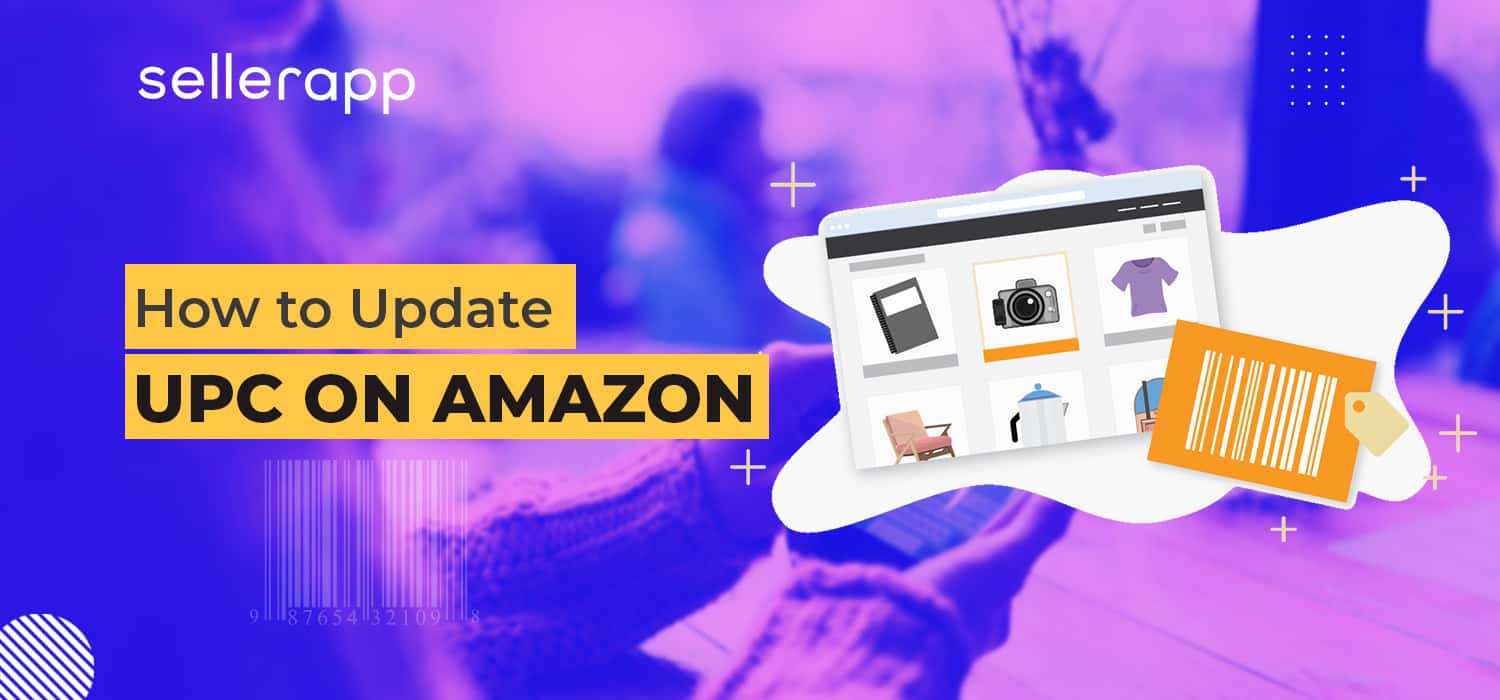
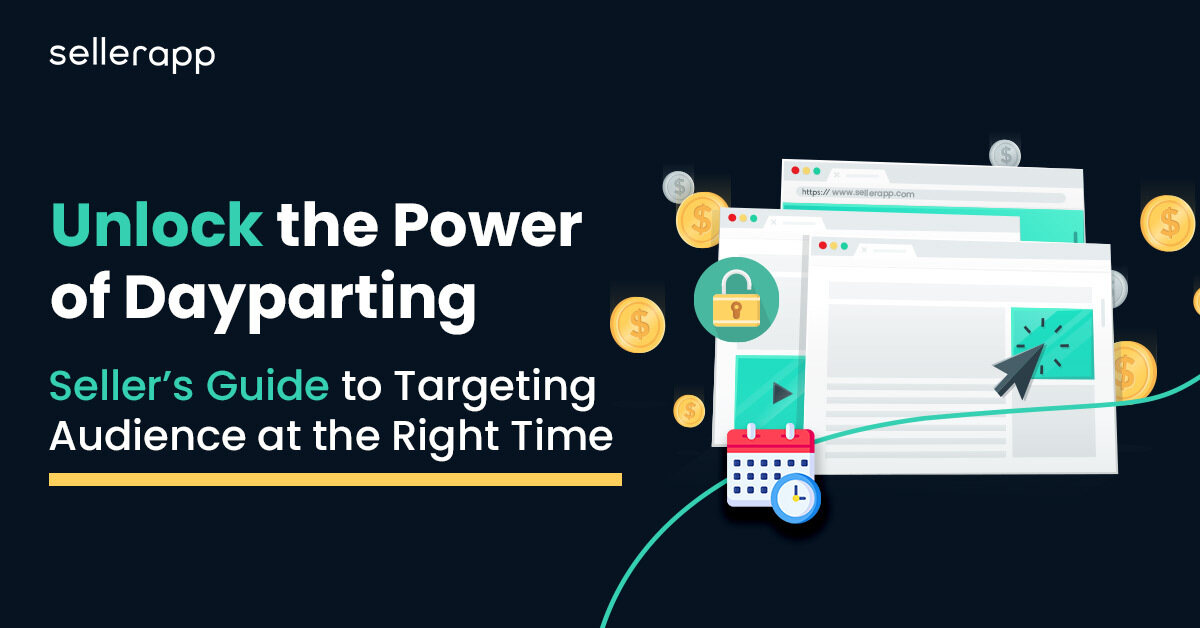
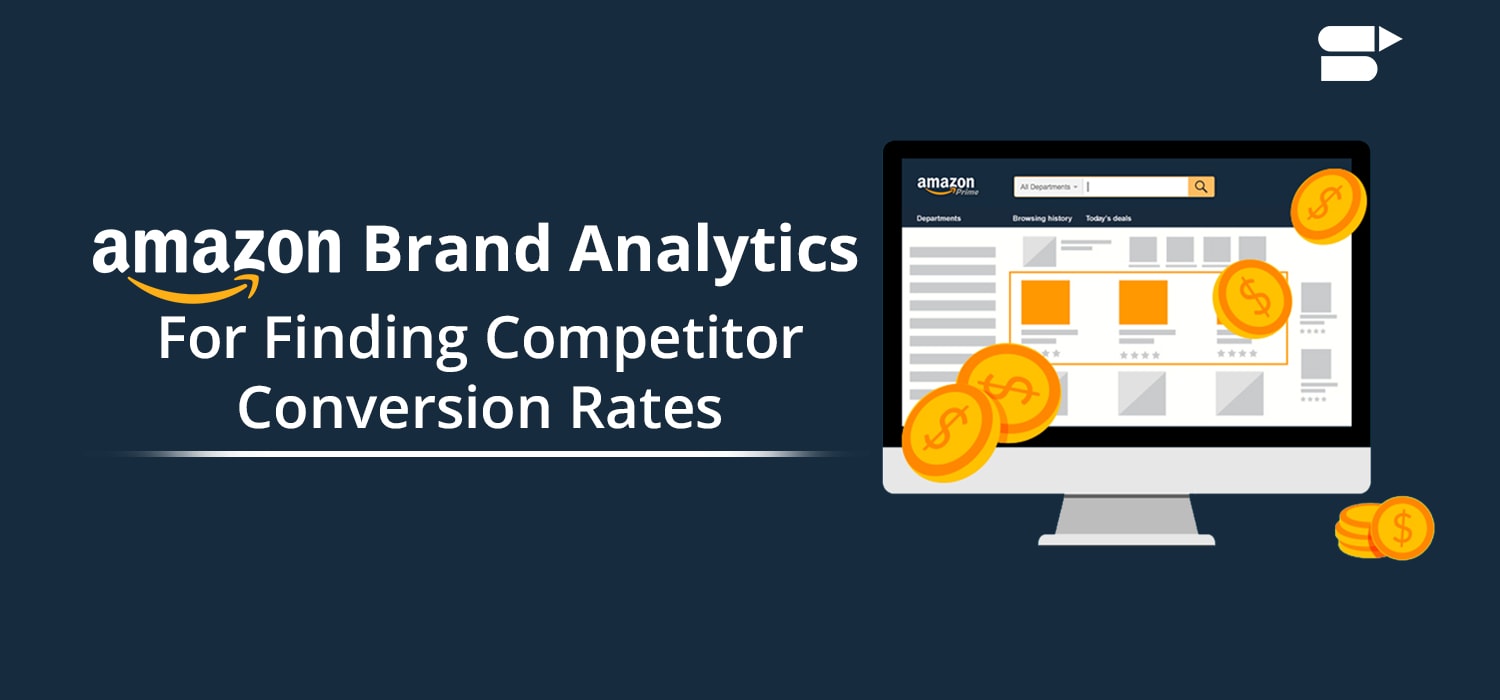
Ward Elzinga
February 25, 2021Great Post, Thanks for sharing this amazing blog.
Arishekar N
May 27, 2022Glad you liked it.
Robert Gardner
April 13, 2021In case I’m an amazon vendor, what are the few things that will benefit my business?
Arishekar N
August 9, 2021When you become an Amazon Vendor, a few factors that would help benefit your product and business would be the expertise, reputation, market share, analytics, and reach of Amazon.
Swan
December 14, 2021Informative article, just what I was looking for.
Arishekar N
May 27, 2022Glad you liked the article.